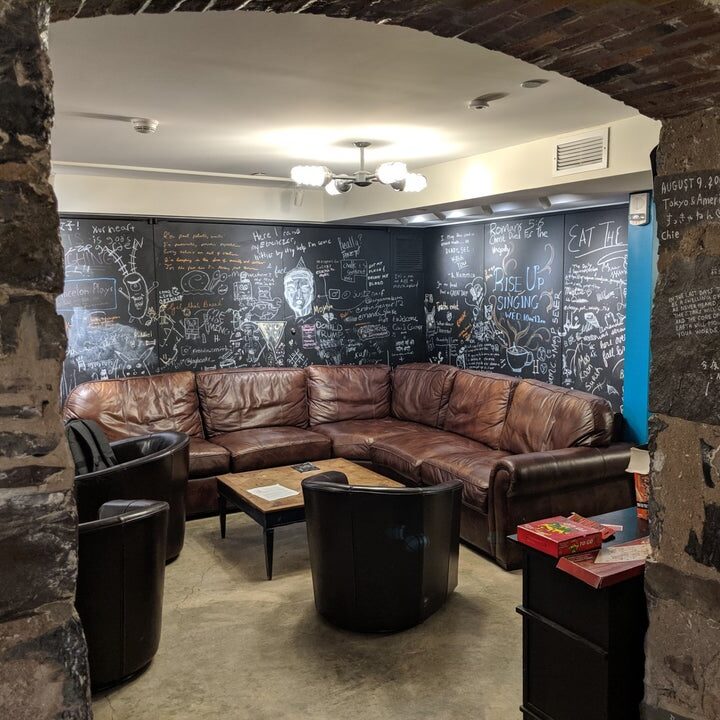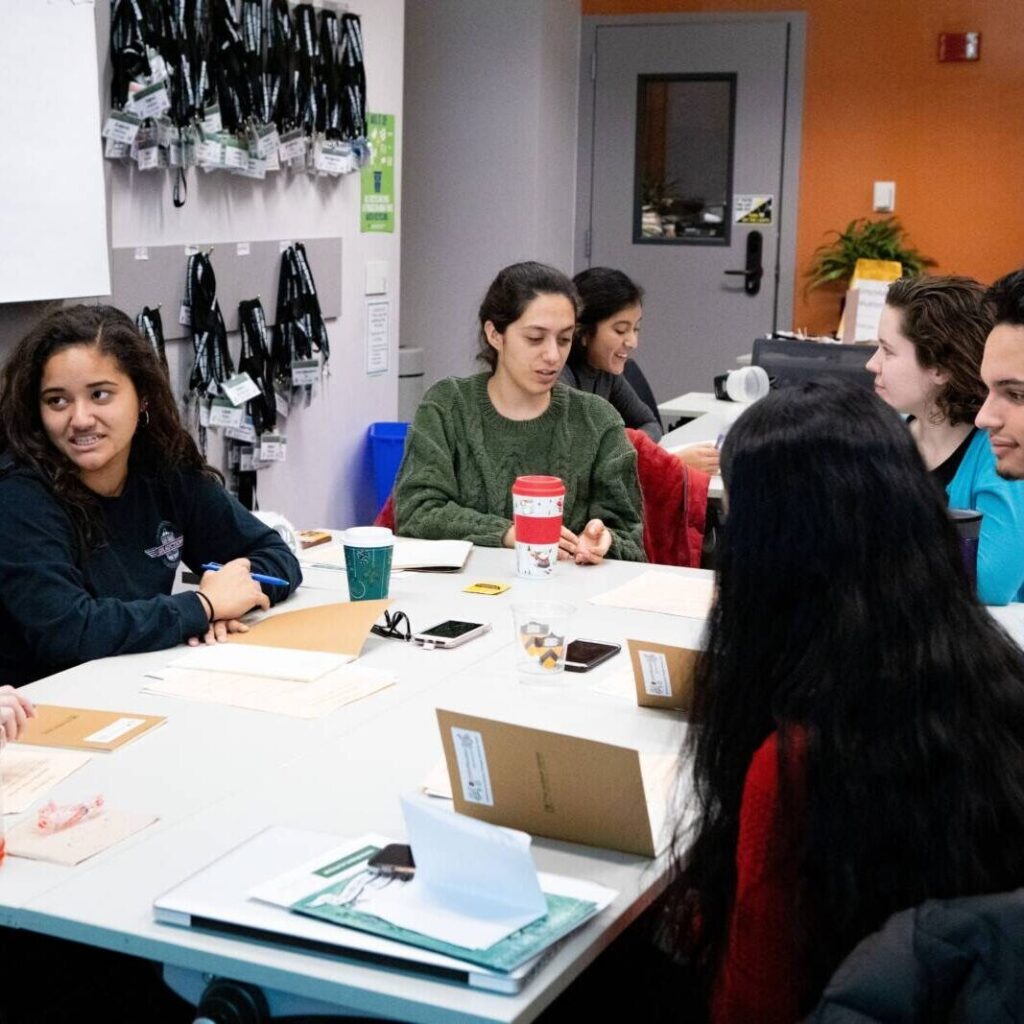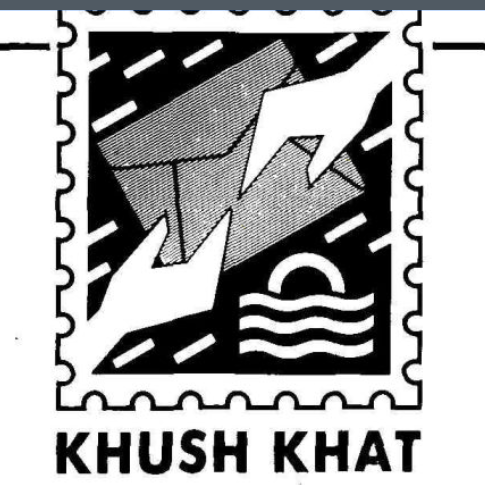For most of us undergraduates, midterms tend to be a stressful time, even more demanding than finals or Dean’s Date. This is because we go through midterms while classes and assignments continue as usual. In contrast, we have a week-long reading period at the end of the semester to focus on writing papers and preparing for finals. If you are a first year–student, you have the additional stress of going through Princeton midterms for the first time and you might have realized that they can be quite different from exams in high school. Therefore, it is not unusual for first years to receive grades on midterms below their expectations. When I was a first year, I learned how I could use my midterm grades as guideposts to help me identify which courses I most needed to adjust to and improve my final grade. It is important to note that midterms scores will not always fully correlate with finals and that there are plenty of opportunities after midterms to adjust strategies and improve performance. Here are some of the strategies I have found helpful when looking to bounce back from a midterm.
Looking for Courses to Take this Spring? Start with your TikTok Feed!

Are you struggling to focus on your assignments because you can’t stop scrolling through TikTok? Do not stress! Although TikTok can be addictive, your For Your Page (FYP) may actually have an unintended positive academic side-effect. For those who aren’t familiar with TikTok, your FYP is your personalized feed of videos. Everyone has a different FYP according to their interests. I would like to suggest that your FYP can actually help you find spring courses that you are passionate about. Oftentimes, students aren’t sure which classes they should take because they don’t realize that non-academic interests can actually transfer into academic practice. So, I would like to help create this connection for you: think about what type of videos you see on your FYP (and if you don’t have TikTok then on social media in general) and I will suggest some courses that I think you would love.
- TeaTok
Is your FYP full of the latest celebrity drama or “tea”? I think conducting research through certain psychology courses may satisfy your need for gossip. Through psychology, you can explore more deeply why the drama between your favorite celebrities happens and what they might be thinking and feeling. Furthermore, if you are a first year, then I suggest looking into WRI 153: The Meaning of Celebrity. In this course, you can conduct research on your favorite celebrities and also explore how they impact social values.
- Political TikTok
If your FYP is full of politics, then you might consider taking an academic approach to this interest through taking a politics course. Two courses in which you can pursue political research are POL 316: Civil Liberties and POL 240: International Relations. In POL 316 you can explore the value of civil liberties through researching key topics such as abortion and discrimination and in POL 240 you can learn how the politics of international cooperation work. Furthermore, if you want to conduct a statistical analysis of the contemporary political events you learn about online, then I suggest taking POL 345: Introduction to Quantitative Social Science. In this course you analyze data using R and conduct a ton of applicable political research. For example, I am currently enrolled in POL 345 and we’ve been analyzing polling data leading up to the election to predict who the next President will be.
- Artsy TikTok
If you often see make-up tutorials, dancing, or singing on your FYP, then think about how you might be able to engage with these arts beyond your phone screen. I suggest that you browse through the Lewis Center for the Arts course offerings. This spring they will have courses in photography, painting, sculpture, dancing, and more!
- Gaming TikTok
Is your FYP full of Among Us or League of Legends streams? Princeton has an abundance of courses that will allow you to pursue research in technology or gaming. One course that I particularly recommend for first year students is WRI 185: Gamification. I took this writing seminar and absolutely loved it because through this course you can explore what makes up the essential elements of a game and also research games that you enjoy playing. Some other courses that gamers may like are COS 126: Computer Science: An Interdisciplinary Approach, through which you can begin to explore how coders actually program games, and MAT 378: Theory of Games, through which you can learn how to use mathematical concepts to solve games.
- Fantasy TikTok
If your FYP is full of Draco Malfoy, Cinderella, or Star Wars scenes, then you should check out English courses such as ENG 385: Children’s Literature. Although this course won’t be offered this spring, I suggest looking out for it in the future because in this course you can analyze the novels you read as a child, including Harry Potter! I also think that a Creative Writing class would be a great fit for you. More specifically, you can take CWR 204: Creative Writing (Fiction) to learn how to actually write your own fantasy. Lastly, if you are interested in studying French FRE 207: Studies in French Language and Style centers around analyzing French fantasies. I am currently enrolled in FRE 207 and it’s one of the most interesting courses that I’ve taken at Princeton.
6. CuteTok
Do you love watching videos of adorable puppies and newborns? Developmental psychology would be an awesome course for you to take. In PSY 254: Developmental Psychology, you can discover what is actually happening within the brains of the cute little babies you see on TikTok. I also recommend looking out for PSY338: From Animal Learning to Changing People’s Minds in the future (as it is not offered this spring). In this course, you can learn more about the way the puppy on your For You Page thinks and makes decisions. One other course that I recommend for those who are interested in animals and would like to explore the relationship between animals and humans more deeply and in a religious context is REL 214: Religion, Ethics, and Animals. These courses will help you see the cute videos you view on TikTok through a new perspective and are definitely worth looking into.
Your TikTok FYP can tell you a lot about who you are and what you love. After spending countless hours on TikTok myself, I realized what I really enjoy watching and learning about. I now take courses in fields that are related to my FYP and feel so passionate about the topics that I’m able to research. I hope that you too can try linking your personal interests with your academic plans by taking courses this Spring that you truly feel are “For You”.

– Ryan Champeau, Social Sciences Correspondent
Getting the Most Out of Courses Outside Your Comfort Zone
One of the fascinating aspects of our education at Princeton is how we are encouraged every semester to take courses from a wide variety of disciplines. However, while that is intellectually stimulating, it can also be unnerving in the beginning – especially when you have to step away from analyzing a situation or a problem through the lens of a discipline of study that you are comfortable with and instead approach the issue from a completely different viewpoint. Case in point: last semester, at the recommendation of my academic adviser, I took Anthropology 203 (ANT 203): Economic Life in Cultural Context with Professor Rena Lederman. My adviser believed that the course would be useful for me as a prospective economics concentrator: it would give me the opportunity to examine the field from a different perspective and broaden my horizons. Conceptually, that made a lot of sense. Soon, however, I realized that trying to analyze economic situations without the economic tools and methods that I had grown accustomed to was rather disorienting. Nevertheless, despite the initial difficulty, I found that looking at questions I was familiar with in economics through an anthropological lens ended up being to be especially rewarding. Thankfully, that process became easier as I progressed through the course and learned the tools and methodologies specific to anthropological research.
Continue reading Getting the Most Out of Courses Outside Your Comfort ZoneThrough Thick and Thin: Going over PSETs during Remote Learning
Getting PSETs done over Zoom can be a combination of awkward and challenging. To assist with that task, fellow PCUR Correspondent Ryan Champeau recently wrote a post with suggestions for working on PSETs in the age of remote learning. A great tip in that article is to collaborate with friends when permitted under a course’s collaboration policy. However, given that students can’t meet in person to work on assignments anymore, I’ve found the process of checking over PSETs to be a bit more difficult than usual.
Specifically, I’m taking QCB 455, an introductory course to quantitative and computational biology in which there are four total problem sets. As a neuroscience major in a class filled with computer science majors and some graduate students, I didn’t really know many people in the course. Going over the first PSET with people I didn’t know over Zoom felt a bit strange, but I’ve since found that there are actually a few benefits to going over PSETs that are specific to the remote experience. In this post, I’ll go over the three strategies I’ve started to use when collaborating on PSETs for my classes:

A Freshman’s Guide to Writing a Research Policy Memo
The freshman seminars are one of the unique experiences at Princeton. While they may seem intimidating at first, they made me think of the process of research in my very first year in college. Not everyone might become a full-time researcher – I, for example, want to become a policy analyst – but many of our jobs will involve research, and the structure of the freshman seminar is very conducive to the research process. In the Economics of Immigration seminar that I took with Professor Leah Boustan during Fall 2019, we discussed aspects of the economic effects of immigration both on the receiving country and on the migrants themselves. Our final deliverable was a research policy memo – a document that describes a policy intervention by the government, by first arguing the need for it, then describing its advantages, and finally proposing a way by which it might be implemented. In order to write an effective memo, I had to research an issue that necessitated looking at it from diverse points of view. The process made me appreciate several principles of writing a policy memo.
Continue reading A Freshman’s Guide to Writing a Research Policy MemoPrinceton Problem Sets at Home: A Guide to Success on PSETs

There comes a time for many Princeton students when they are assigned their first PSET, or problem set. “How will I learn all of this in a week? What are the teachers looking for in the answers? How will I collaborate with others when I’m not even on campus?” These are thoughts that many Princeton students have when any PSET is distributed, especially with the semester being online. Believe me, I have been there too, and I would love to share some PSET tips and tricks to help you do your best!
Continue reading Princeton Problem Sets at Home: A Guide to Success on PSETsTime Management Tips for Navigating Zoom University
Oh, it’s unfortunate that your classes are all online now… But all the extra free time must be nice, right?
Actually, no. Somehow, I have ended up in a place where I’m busier than I was back when school was offline. And that’s without Powerlifting Team practices, the thirty-minute dinners that consistently turned into three-hour-long social gatherings, and all of the hours I spent working on-campus jobs.
I’ve realized it has to do with my relationship with time. In the past, I didn’t need to be very intentional with my free time: it always just happened. Nowadays I think back fondly to my naïve visits to the Rocky Common Room for pre-bedtime cereal-breaks, only to end up practicing handstands on the rug by the piano with my friends until 2 am.
Without spontaneous social interaction, I ended up filling up all of my time with work, clubs, projects, and research. Unfortunately for first-year students, these challenges are only compounded by the transition to college academics in general. Whether or not you feel like you’re busier this semester, I believe we can all benefit from evaluating how we make time for ourselves: below are five tips I’ve implemented to help facilitate a productive and sustainable semester this fall.

Archival Research in the Age of COVID-19: Requesting Document Scans from Libraries
When I first applied for departmental senior thesis funding early this spring, everyone was still uncertain about how long the effects of the COVID-19 pandemic would last. It seemed departmental administrators were optimistic: funding requests could still be made for summer travel. In my application, I detailed my intent to travel to university and state archives throughout the U.S. south for a thesis examining how antebellum Mississippi Valley planters conceptualized the idea of labor. But before I even heard back about whether I was to receive support, the department updated its funding parameters to prohibit summer travel and I had to redo my application in turn. My summer plans, of course, were not the first academic casualty of the strange 2020 world; nor would they be the last. Fortunately, though, there were ways to work around my newfound limitations: all of the archives that I wanted to visit offered services for resident librarians to scan and send materials from their collection, so I updated my application to ask for funds to pay for associated fees. Here, I’ll be sharing some tips for requesting archival materials to be scanned, which I hope will be helpful to any researcher unable to travel (pandemic or not).
Continue reading Archival Research in the Age of COVID-19: Requesting Document Scans from LibrariesHow to Complete Research Assignments during Quarantine
This year, as we prepare to write our final papers in quarantine, it will be extra tough to locate the sources we need for our research. Without in-person access to campus libraries, this Dean’s Date will require some new strategies for accessing research materials. To help with this process, I’ve collected a few virtual research resources from my weeks of quarantine thesis work, as well as the beginnings of my Dean’s Date research (also check out Alec’s recent post for more tips):
Do not underestimate the library catalog. A lot of sources are available online, especially with the University’s new partnership with the HathiTrust Digital Library. Through this partnership, millions of scanned books have been made temporarily available to students—in addition to Princeton’s many existing online holdings. To see if a book is available online, just search for it in the Princeton library catalog. If you don’t see a digital edition listed, try clicking on a print edition and seeing if a scanned version is available through HathiTrust (if it is, there will be a link just below the book’s title and general information). You can also click the “Request” button under “Copies in the Library,” then “Help Me Get It” and a librarian will do their best to send you a digital copy—if it’s available—within a few days.

Interlibrary Loan and the Magic of Online (Research) Shopping
[Note: This post was written before COVID-19 reconfigured our library access. Interlibrary Loan is no longer accessible for students, but its sister program, Article Express, is still running at full speed!]
Every so often, when reading sources for my thesis, I come across a citation for a book or article I can’t find in the Princeton library catalog. Of course, given the size of Princeton’s holdings, these moments are rare—though somewhat more frequent as I’ve entered the fine-grain stages of my research project. In the past, a dead end in the library catalog was enough to convince me to give up on a source. However, the exigencies of my last month of thesis writing have pushed me to use what might just be the most magical tool in the Princeton library toolbox: Interlibrary Loan (ILL).

Whereas Borrow Direct and Recap only provide access to books listed in the Princeton library catalog, Interlibrary Loan can provide access to… pretty much any source you could possibly need. ILL has two main request options: Article Express (for scans of specific articles and book chapters) and Interlibrary Loan (for larger sources, like books, audio/visual materials, and microreels).
Continue reading Interlibrary Loan and the Magic of Online (Research) Shopping
